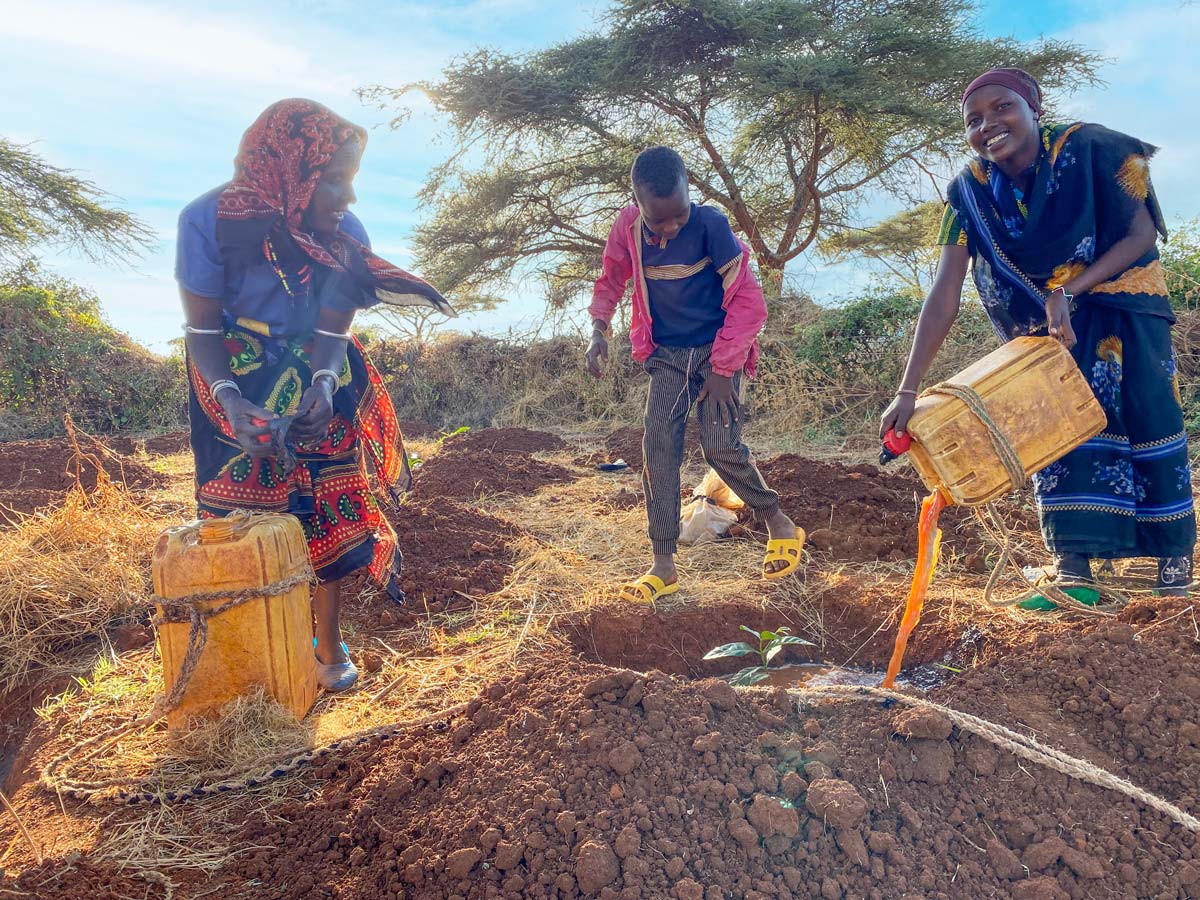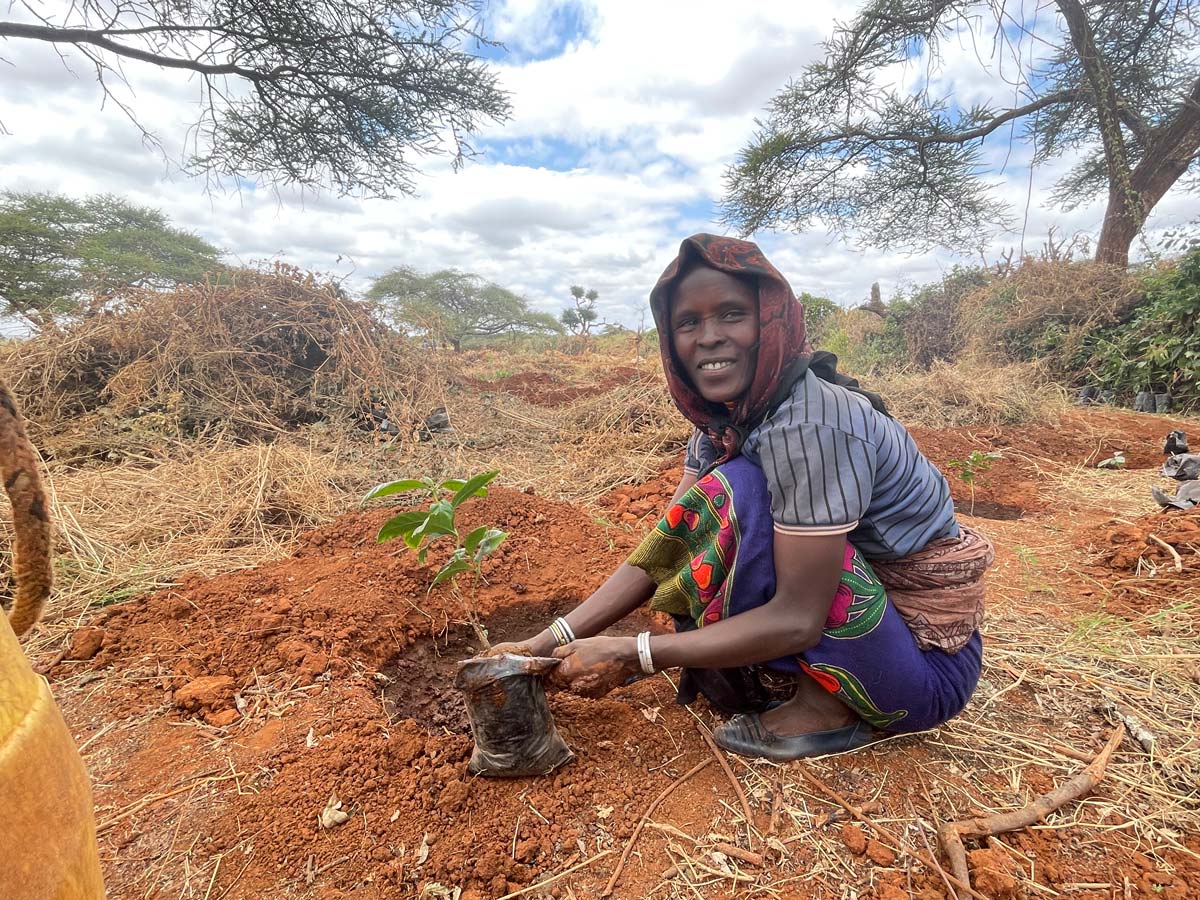Communally Cultivated Crops
Jan 25, 2026 • 1 min read
A community’s commitment to food security is seen through the care given to their millet field.
Read MoreNatural vegetable farming brings a variety of benefits.
![]()
Environmental Impacts: After three years of drought, farmers turned to vegetable gardening over cattle herding. Natural farming methods were adopted including seed-saving and using chemical-free fertilizers. Vegetation was planted to prevent erosion. The group hopes to form an environmental club at the local school to plant edible greens as well as trees. The land has gone from barren to green and flourishing.
Social Impacts: The long drought caused all of the community’s cattle to die, destroying the local economy. When the locals turned to vegetable farming, they not only improved their food security, but produced a surplus which could be sold or traded, and reduced the need to take the long, six-mile journey previously required to buy vegetables at the market. Additionally, they have formed an association that helps take their produce to market for them now. In future expansion, the team hopes to help the local school plant healthy greens for the children to eat. A new teammate was also hired to take these lessons to more communities.

In our endeavor of reforestation, we strive to guide the community in the path of conservation farming. There are three main concept of conservation agriculture, which are

A word from the Country Director, Fidel Wataro:
One of the core principles of TCD is local ownership. It is truly inspiring to witness the growth of belonging, responsibility, and environmental stewardship within the community. Transitioning from being herders to also being farmers is not an easy transition. It requires patience, dedication, and a willingness to change. Everyday in Dida Hara, young women diligently fetch water from a reservoir to irrigate the plants and trees, demonstrating their commitment despite the challenging nature of the task.
If you prefer to donate by check, please mail your check to:
Global Hope Network International
934 N. Magnolia Ave.
Suite 310
Orlando, FL 32803
For all projects or staff - including our efforts to prevent Coronavirus in some of the most vulnerable communities:
GHNI Switzerland
27 Chemin des Crets Pregny
1218 Grand Saconnex
Geneva, Switzerland
Download a payment slip (ESR, BVR)
Or give by direct wire or transfer -
In Favor of Global Hope Network International
Purpose: Your designated purpose for funds
Bank Name: Credit Suisse SA
Bank Address: 8070 Zurich, Switzerland
Bank Clearing No. 4835
BIC CRESCHZZ80A
Account / IBAN: CH81 0483 5043 3460 4200 1